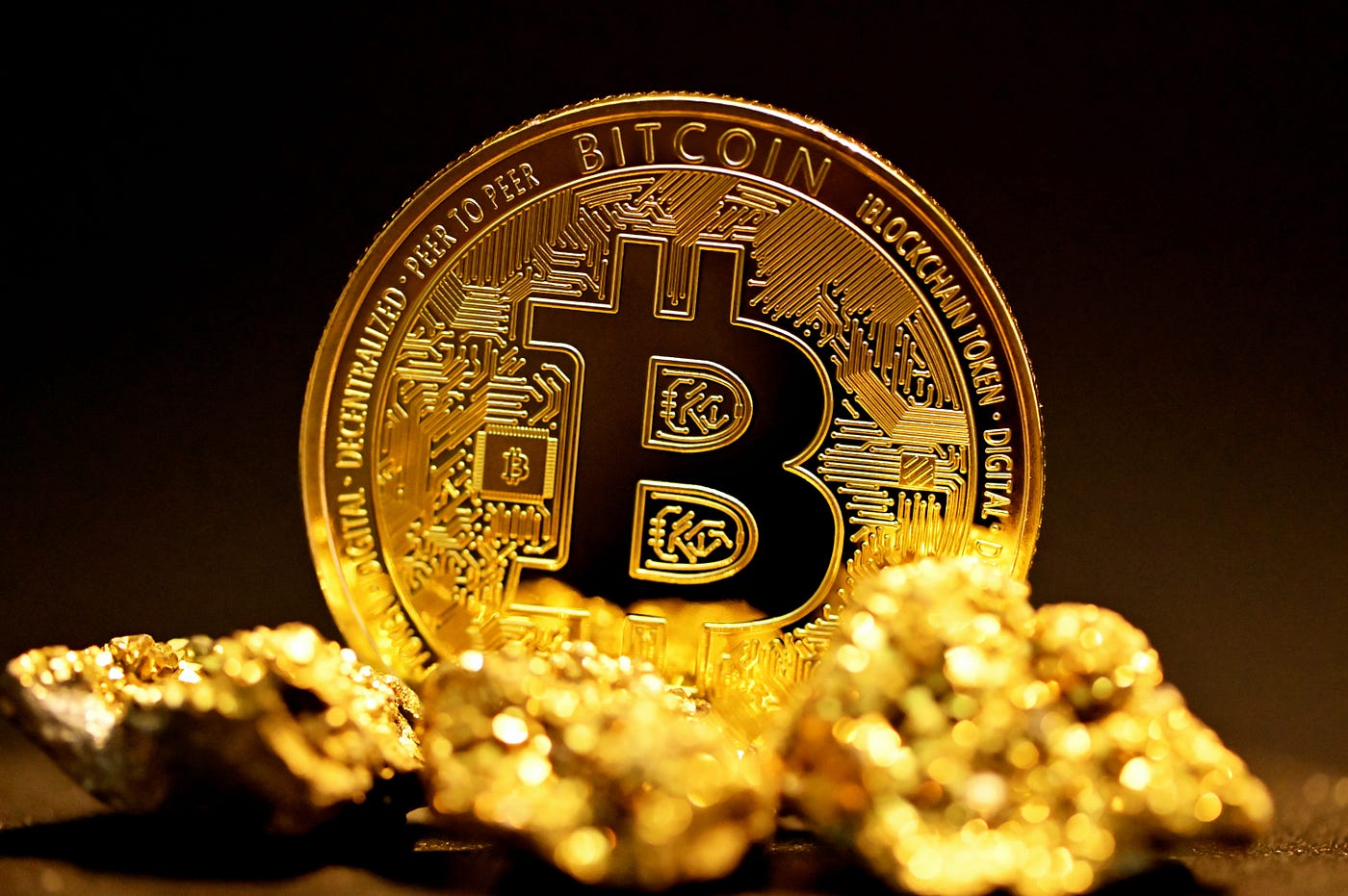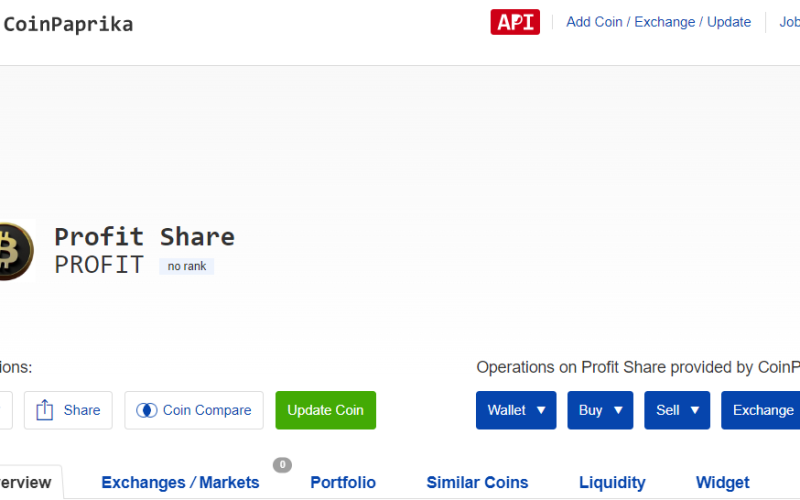Here are some common questions about Bitcoin that often come up:
- What is Bitcoin?
- Bitcoin is a digital currency created in 2009 by an anonymous entity known as Satoshi Nakamoto. It operates on a decentralized network using blockchain technology, allowing peer-to-peer transactions without the need for intermediaries like banks.
- How does Bitcoin work?
- Bitcoin transactions are recorded on a public ledger called the blockchain. This ledger is maintained by a network of nodes (computers) that validate and record transactions through a process called mining. Miners solve complex cryptographic puzzles to add new blocks to the blockchain and are rewarded with newly created Bitcoin.
- How do I buy Bitcoin?
- Bitcoin can be purchased through cryptocurrency exchanges such as Coinbase, Binance, or Kraken. Users can buy Bitcoin using traditional payment methods like bank transfers or credit/debit cards. Once purchased, Bitcoin is typically stored in a digital wallet.
- Is Bitcoin legal?
- The legality of Bitcoin varies by country. In many places, Bitcoin is legal and regulated, while in others, it may be restricted or banned. It’s important to check the local regulations regarding cryptocurrency in your jurisdiction.
- What can I use Bitcoin for?
- Bitcoin can be used for a variety of purposes, including online purchases, investment, and as a store of value. Some merchants accept Bitcoin as payment for goods and services, and it can also be traded on exchanges for other cryptocurrencies or fiat currencies.
- How secure is Bitcoin?
- Bitcoin’s security relies on its decentralized network and cryptographic protocols. The blockchain technology behind Bitcoin ensures that transactions are secure and immutable. However, users must take precautions to secure their wallets and private keys to prevent theft or loss.
- What is Bitcoin mining?
- Bitcoin mining is the process by which new Bitcoin is created and transactions are added to the blockchain. Miners use computational power to solve complex mathematical problems, validating transactions and maintaining the network’s integrity. In return, they receive newly minted Bitcoin as a reward.
- How many Bitcoins are there?
- The total supply of Bitcoin is capped at 21 million coins. This limit is built into the Bitcoin protocol and ensures that no more than 21 million Bitcoins will ever exist. This scarcity is a key factor contributing to Bitcoin’s value.
- What is a Bitcoin wallet?
- A Bitcoin wallet is a digital tool that allows users to store, send, and receive Bitcoin. Wallets come in various forms, including software (online or mobile apps) and hardware (physical devices). Each wallet has a unique address and private key to manage Bitcoin holdings.
- What are the risks associated with Bitcoin?
- Bitcoin’s risks include price volatility, regulatory uncertainty, and security concerns. Its price can fluctuate significantly in short periods, and its legal status can change based on government regulations. Additionally, users must be vigilant against hacking and phishing attempts to protect their assets.


